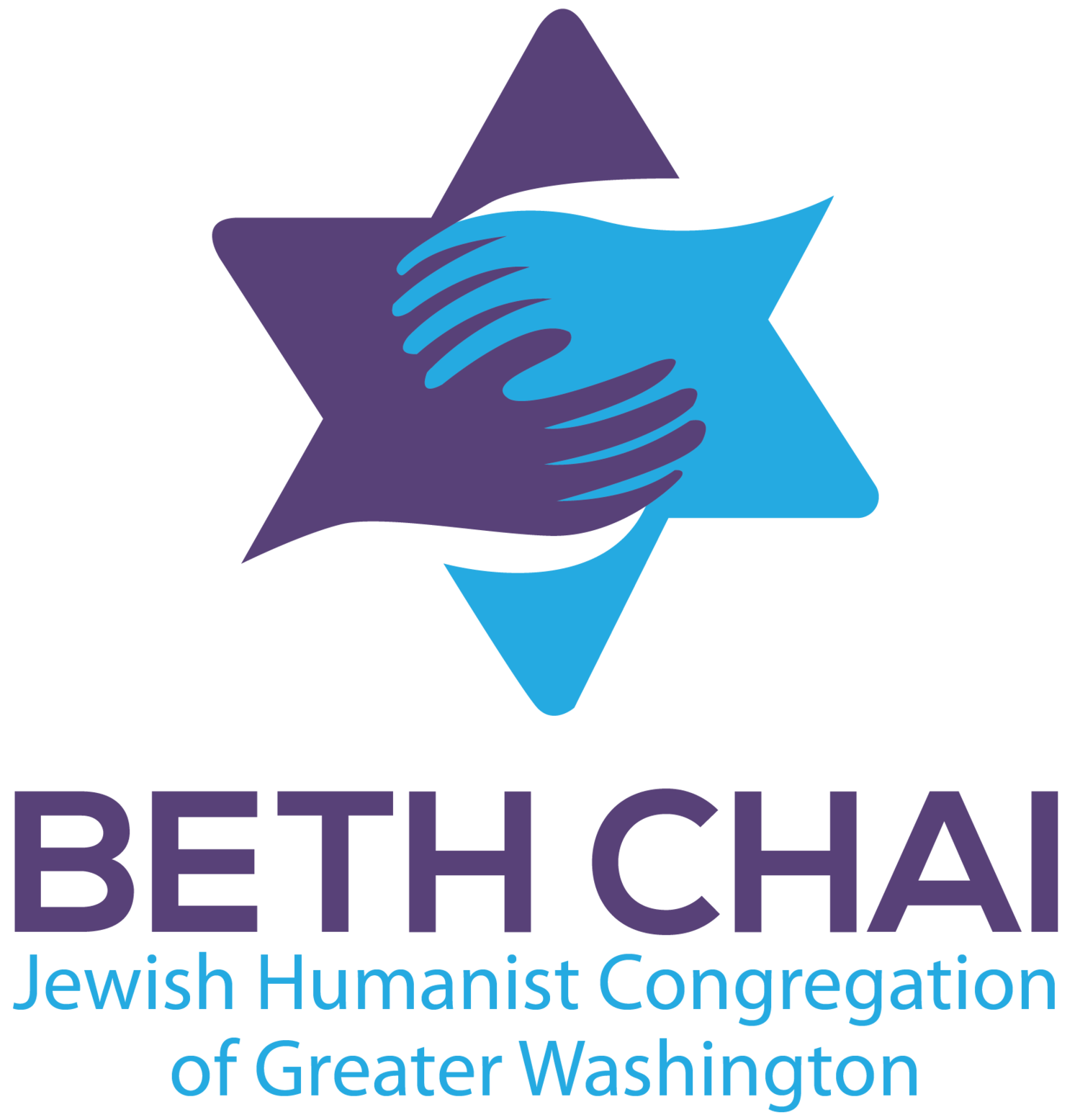Clutching Onto Hope
Dear Friends,
This has been a very hard week. The rapid rise of antisemitic incidents. Funerals for Jewish children in Israel. Palestinian children maimed and killed in Gaza. Funeral upon funeral upon funeral. It is difficult to not completely despair. In Judaism, destroying a life is akin to destroying a world. In Israel and Gaza, there have been over 10,000 worlds destroyed in the past month. Some of them of so young.
In September 1993, Prime Minister Yitzchak Rabin stood on the White House lawn and declared, “We who have fought against you, the Palestinians, we say to you today in a loud and a clear voice: Enough of blood and tears. Enough!” Thirty years have passed, and Rabin’s declaration still has not been realized. If only we could say, “Enough!” and make it so.
I’ve always been drawn to HaTikvah, the Israeli national anthem. The idea that a country could have an anthem called “The Hope” resonates with me. Did you know that out of 200 national anthems around the world, HaTikvah is one of a handful written in a minor key? It is mournful, wistful, unfulfilled. It leaves space for Tikkun Olam.
In English lexicon, “Hope” is something of an amorphous concept. It is wishful thinking. The Hebrew “Tikvah” in contrast is much more concrete. The root of the word means “rope.” Tikvah is something to hold onto. Tikvah is something of strength. Tikvah is something of connection.
To make a rope, one binds several cords together. The more cords, the more strength. Tikvah, hope, is formed in community in coming together. In the words of Ecclesiastes 4: “Two are better than one . . . For if they fall, one will lift up his friend, but woe to the one who falls and has no second one to lift him up. Moreover, if two lie down, they will have warmth, but how will one have warmth? Also, if one attacks, two can stand up for him. A threefold cord (root for Tikvah) is not readily broken!“
At this difficult moment, we can provide Tikvah to each other by being a community. We can be the rope that holds each other up. Beth Chai has always thrived by being a place where divergent opinions are more than acceptable – they are encouraged. As a community, let’s be each other Tikvah, lifting each other up in these dark days, providing comfort in our sadness and standing up for hope, the concrete type.
Shabbat Shalom,
Rabbi Debbie Cohen
